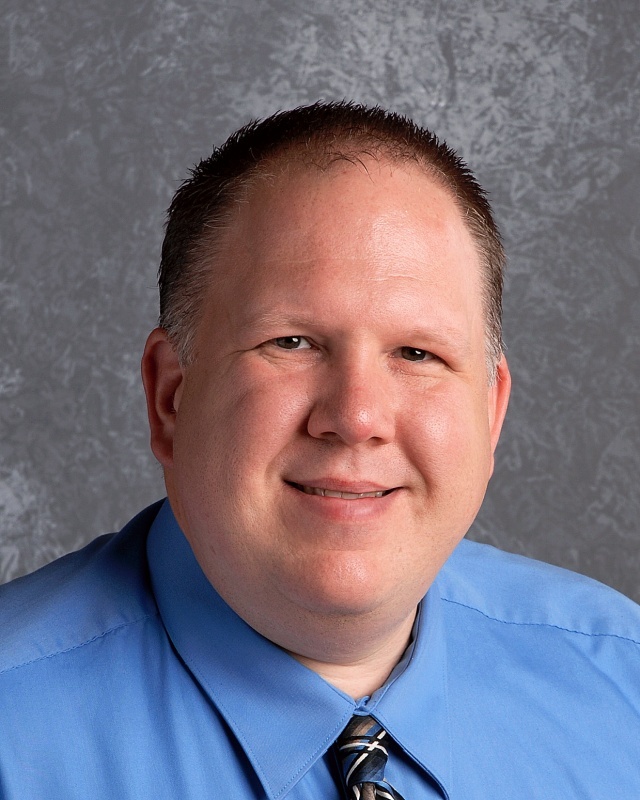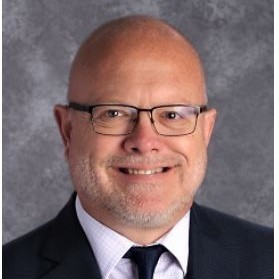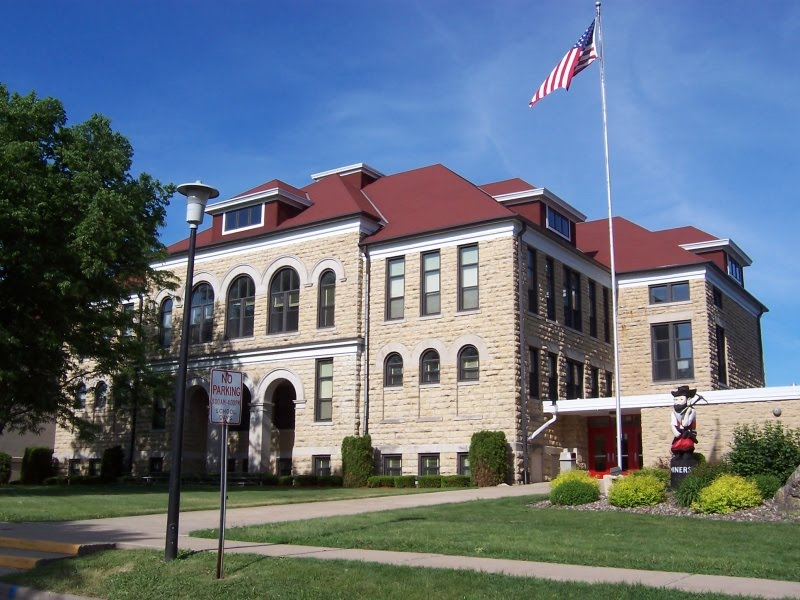As sources of relationship-building, innovation, and local growth within their communities, rural schools are uniquely positioned to provide critical services for residents. During the pandemic, towns across the country saw their local school district deliver meals to students, collaborate with families to expand student access to virtual learning, and provide care for the social-emotional health of students. It should come as no surprise, then, that as COVID-19 vaccines have become widely available for most in the US, a number of pioneering rural schools have continued to support their home communities by hosting vaccination clinics.
While each clinic hosted at a rural school is as distinct as the school itself, the stories of these schools reveal a strong belief in the importance of returning to school safely. Teams of school administrators, health department officials, nurses, and private citizens are coming together to provide convenient access to health services for community members in a familiar setting. For that reason, rural schools become pivotal as established and trusted hubs of community activity to fight this global health issue at the local level.
Connecting Schools, the Community, and Healthcare in the Ozarks
Superintendent Eric Allen of the Alton School District in Alton, Missouri, oversaw a vaccine clinic in the school building in early August. Like many rural denizens, Allen has the opportunity to “wear a lot of hats” in his community. “One of my other 13 assigned duties is I get to be the president of our local community foundation,” Allen shares. “We as the community foundation knew we wanted to have a way to bring a clinic like this to the community.”

Allen’s inspiration for hosting the clinic started with his own teenage son’s quest to get vaccinated. He laments how his local health department didn’t have the facilities necessary to store the Pfizer-Biontech vaccine, so Allen called clinics and pharmacies for miles around trying to find an opening for his son. After nearly 5 days, he was finally able to secure a single appointment 30 minutes away. “That’s what pushed me to go from ‘the idea of a clinic sounds good’ to ‘we need to make an effort to do this,’” Allen explains. “If you make it difficult for folks already unsure about getting the shot, then they aren’t going to do it.”
The convenience of hosting a clinic in town was thus a major factor for why Allen, the Oregon County Health Department, community foundation, and their healthcare partners at Ozarks Healthcare spearheaded this effort. Allen says “Once we decided to do this, we wanted to get the first shot done before the first day of school.”
A second factor which prompted Allen and his team to host a clinic, was to prevent school time lost to quarantines. In a small school where students, staff, and the community are highly integrated socially, this meant that Alton School District suffered constant quarantines. Allen details how last year the school had 11 days where they had to shut down completely because so many people were quarantined, and they are hopeful that more vaccines will help prevent absences this school year.
Leaning on the “same logic as a blood drive or other community drive” that can apply to use public school facilities, Allen and his team quickly organized a vaccination clinic at the Alton school building. “From the time it was an idea to when they were here to do it, it was about a two-week turnaround,” he recounts. True to the rural way of life, maintaining close relationships within the community greatly aided the speed of the program rollout.
At the clinic, at least 40 students and community members received their first dose, and Allen is hopeful that word of mouth will drive further vaccinations in future clinics. Allen shares how there has been "no direct negative feedback on the event. I even had some individuals thank the group. They said that the convenience of it was a good thing.” He continues, “Most of the positive comments about the clinic were from older adults that didn’t even have kids at the school. They were just happy that we were taking away layers of travel and work for people to have more access.”

Though his responsibilities to the school and larger community drove him to host this clinic, Allen concludes simply that “The closer clinics are, and the less miles and time people have to spend getting the vaccine, the more we can cut out the excuses to not get them.” Above all, Allen underscores that “even if you can’t make people do it, you’re making it easier for them to have that choice."
A Central Hub for People and Place in Southern Wisconsin
Similarly for Superintendent Mark Lierman at the Shullsburg School District in Shullsburg, Wisconsin, a sense of mission to provide for the community as the local school district drove him and area partners to host a vaccination clinic at the school in May. Reflecting on the nature of being a rural school, Lierman shares that rural can mean “limited access to immediate needs, like hospitals. We don’t have a hospital right in our own community. . . [but] rural is also a sense of community. There’s a lot of pride in staying true to our ethics and what we want to preserve in our students.”
That impulse to rally together means that Lierman and his district team do all they can to support students, staff, and families alike. “We try to put our funds in the best place possible,” he explains, “We try to find out what’s most important and go from there.” Once vaccines were available to staff and students, sponsoring vaccination clinics addressed the most critical needs at the time.
As with the group in Alton, Missouri, Lierman details how acting fast to provide the service locally was the primary rationale:

“If we want people vaccinated, because we think it’s the right thing to do, then convenience has to be at the top of the list. We’re a rural district with over 40% of our students qualifying for free and reduced lunch. Therefore, transportation is a financial issue for many families…Other than the convenience of having it at the school, it was the immediacy for getting people vaccinated for why we did it. The vaccine is available now, let’s go and get it. If you give an assignment, and you give students two weeks to do it, then they’re going to wait to the end to do it. So, you might as well give them the most immediate deadline available, the quicker we can get the vaccine out there, the better. There was some anxiety around that pace, but I think it was the right thing to do.”
Incessant quarantines also factored in the district’s decision to act quickly. Since unvaccinated individuals must quarantine, Lierman recounts how the district “had a little over 360 instances of quarantine last year… Our hardest time was when we had 9 staff members out, and we only have a teaching staff of 34, so we had about 30% of our staff out. We had to end up closing for a couple days because we didn’t have enough substitute teachers.”
Determined to avoid the rolling quarantines of last year, the Shullsburg School District responded to the Lafayette County Health Department’s calls to host vaccine clinics at area schools. Becoming one of six other districts in the county to have a vaccine drive, Lierman shares how they “had a clinic for our staff initially, and I’m proud to say that 90% of our staff did agree to and receive the vaccine.” Once the shots were cleared for younger populations, the district once again worked with the county health department to have a clinic.
The results of the districts’ efforts were clear. Lierman relays that they “had 15-20% of students 12 years and up come to take the shot.” Thinking further about the reasons for the high turnout, he estimates that it “was due to the fact that it was right here. Parents didn’t have to drive to get it. Along with the convenience of it, the fact that it wasn’t forced helped too.”
Clear and considerate communication was the most pressing task for Lierman. He recalls, “The biggest thing in our community was to calm people’s fears, especially around making sure that everyone knew this was not required. We wanted people to know that the clinic was just an opportunity for them to call us and the nurses to ask about the vaccine.” Because of the group’s efforts to engage with the community to raise awareness and understanding, Lierman says they have not received any negative feedback about the clinic.
Looking forward as the pandemic continues on, Lierman hopes that the district “can continue to work with our county health department and nurses. I also hope that people continue to get the vaccine.” One aspect of the road ahead that is certain in Lierman’s mind is that “the school is the hub in rural communities—it’s the hub of activity, it’s the source of pride. There might be some communities that make the best cheese, like us, but the source of pride for everybody is our school, use that to your advantage to help your community. Open the school up and make it available. We do that for everything and it’s not just because people pay taxes. This is a place to commune. I would encourage other rural schools to embrace that and not fear any sort of negative feedback.”

Rural schools are a central pillar of our hometowns, and during the pandemic they can, and are, acting in that capacity to continue serving the larger community. School districts are collaborating to provide convenient access to critical healthcare services, like vaccines, for residents in a familiar and caring environment. This push to ensure equitable access to healthcare is also intimately linked to assuring students continue to receive quality education in a safe environment. While every school and community is unique, these stories reveal the power and importance of rural schools as compassionate and committed hubs for entire communities during the evolving landscape of the pandemic.
RSC thanks our Missouri and Driftless Hubs for connecting us with these powerful stories. To learn more about our advocacy work for the rural vaccine uptake or for additional resources on how to host your own clinic, see our previous items here.

